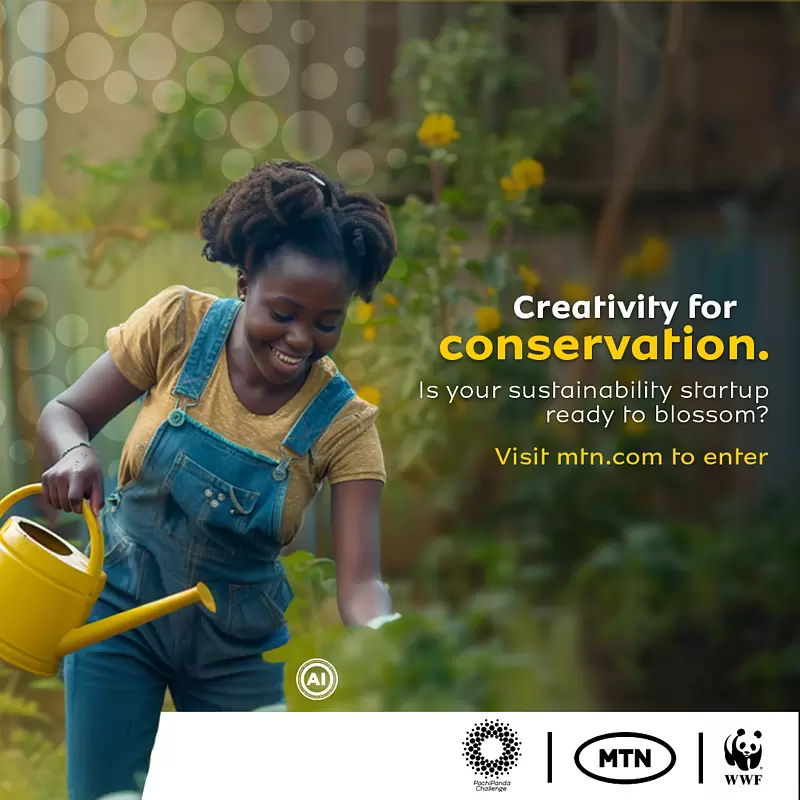The WWF is run at a local level by the following offices...
- WWF Global
- Adria
- Argentina
- Armenia
- AsiaPacific
- Australia
- Austria
- Azerbaijan
- Belgium
- Bhutan
- Bolivia
- Borneo
- Brazil
- Bulgaria
- Cambodia
- Cameroon
- Canada
- Caucasus
- Central African Republic
- Central America
- Central Asia
- Chile
- China
- Colombia
- Croatia
- Democratic Republic of the Congo
- Denmark
- Ecuador
- European Policy Office
- Finland
"The most important task, if we want to save the Earth, is to educate." - Sir Peter Scott, founder of WWF
Environmental education contributes to sustainable development and youth empowerment.
Children starting school today will grow up in a world that’s very different from the one we know now. Climate change and over-exploitation of natural resources will intensify while economic, technological and social changes will create new demands but also new opportunities for young people in an increasingly interdependent world.
Our Education for Sustainable Development (ESD) programme takes a holistic and realistic approach to learning by linking ecological, social and economic aspects of our daily lives. It develops students' knowledge of environmental challenges and their abilities to promote sustainable development by fostering holistic, critical and independent thinking, the ability to formulate and solve problems and the ability to participate in democratic systems and to take responsibility for the well-being of our planet. It develops students' understanding of ecological and environmental issues and motivates them to apply the principle of sustainability to their everyday activities and decisions.
